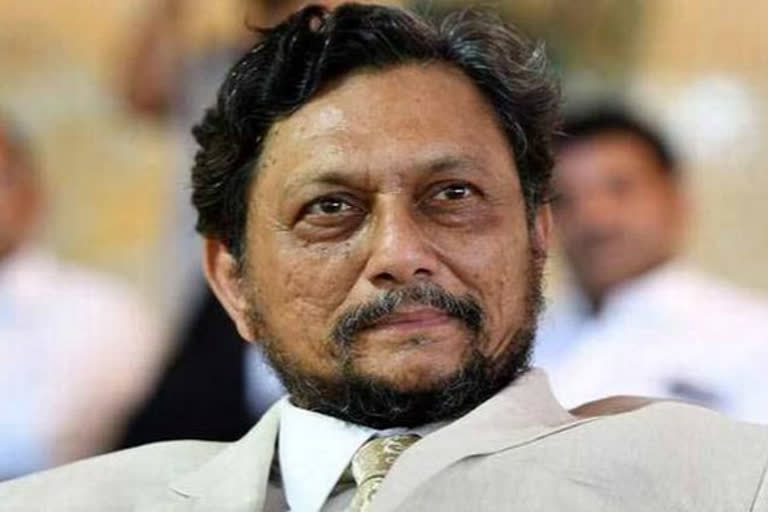New Delhi:The rule of law is probably the "most fundamental feature" of modern constitutions and its success depends on how judiciaries across the world respond to emerging challenges, Chief Justice S A Bobde said on Saturday.
The CJI, while speaking at the International Judges' Conference on the subject of 'Judiciary and the Changing World' at the Supreme Court here, also stressed on the need for citizens to perform their legal duties.
"Probably the most fundamental feature of most modern constitutions is the idea of the rule of law," he said, adding, "Undoubtedly, the success of the rule of law in our countries depends on how the judiciaries respond to such challenges and how they emerge."
Referring to Constitutional provisions, Justice Bobde said it was often implicit in law that "legal rights have correlatives of legal duties."
"A feature often neglected is a chapter on fundamental duties imposing on every citizen the duties to abide by the constitution, the whole of it and respect its ideals and institution," he said.
The CJI said more than 50 countries have specific provisions on fundamental duties in their constitutions.
Quoting Mahatma Gandhi, Justice Bobde said the exercise of rights depends on one's sense of duty and "real rights are a result of performance of duty".
The CJI also referred to "incredible technological advancement" and said now the entire world was interconnected and a small change in one corner of the world can result in changes in different parts of the world.
"Judiciaries all over the world are dealing with this kind of change, what might be called a rights revolution, a technological revolution and a demographic revolution. Our decisions no longer impact only those who live in our jurisdiction but also those who live in other jurisdictions, some far away," he said.
Wishing success to the first such conference organised by the Indian Supreme Court in which judges from over 20 countries are taking part, he said this would offer opportunities to judges "to exchange ideas and gain knowledge from each other on many aspects of gender justice, right to privacy, populism, environment and sustainable development."
He said the Constitution has created a "strong and independent judiciary" which was separated from the executive and the legislature.
"We have strived at every turn, not just as a judicial institution but also as a citizenry to keep these basic ideals intact," he said.
The CJI then delved into the 2,000-year-old history of Indian jurisprudence and said, "India had a well-established system of courts. The rules were all contained in the scriptures which prescribed a mandatory open hearing in courts in the presence of officers of the court."
